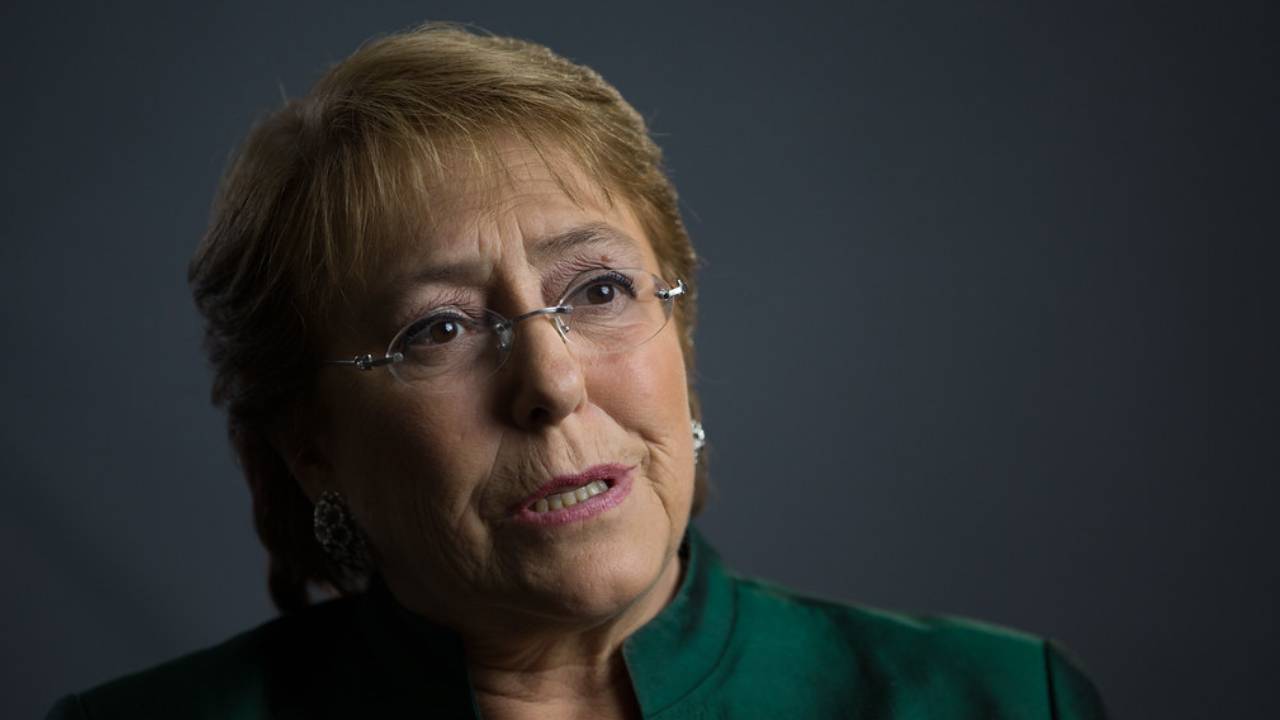The report published on Wednesday after the visit of the United Nations High Commissioner for Human Rights, Michelle Bachelet, in May, states that “reports of patterns of torture or ill-treatment, including forced medical treatment and adverse conditions of detention, are credible, as are reports of individual incidents of sexual and gender-based violence”.
In a strongly worded assessment at the end of the report, the Office says that the extent of arbitrary detentions against Uyghurs and others, in the context of “the more general restrictions and deprivation of fundamental rights, enjoyed individually and collectively, may constitute international crimes, in particular crimes against humanity.”
The Office notes that Wednesday’s report is “based on a rigorous review of the documentary material currently available to the Office and that its credibility is assessed according to standard human rights methodology.”
“Special attention was paid to the government’s own laws, policies, data and statements. The Office also solicited information and engaged in dialogue and technical exchanges with China throughout the process.”
Released on the last day of Bachelet’s four-year term in office, the report says the violations have occurred in the context of the Chinese government’s claim that it is hunting down terrorists among the Uyghur minority with a strategy of fighting the extremism involving the use of so-called Vocational Education and Training Centers or re-education camps.
UN Human Rights said government policy in recent years in Xinjiang has “led to interlocking patterns of severe and undue restrictions on a wide range of human rights.”
Although the system of so-called Vocational Education and Training Centers, as China says, “has been reduced in scope or dissolved”, the report recalls that “the laws and policies that support it are still in force”, which leads to greater use of incarceration.
Arbitrary detention systems and related patterns of abuse since 2017, says the Office of the High Commissioner, “occur in the context of broader discrimination” against Uyghurs and other minorities.
“This has included far-reaching, arbitrary and discriminatory restrictions on human rights and fundamental freedoms, in violation of international laws and standards,” including restrictions on religious freedom and the rights to privacy and movement.
In addition, the report notes that the Chinese government’s policies in the region have “transcended borders”, separating families, “cutting off” contacts and producing “patterns of intimidation and threats” against the broader Uyghur diaspora who have denounced the conditions in your country.
The Office of the High Commissioner also says that the Chinese government “has the primary duty to ensure that all laws and policies are in accordance with international human rights law and to promptly investigate any allegations of human rights violations, to ensure accountability of the perpetrators and to offer reparation to the victims”.
Among the recommendations that the UN rights office makes in the report is that the government take “prompt measures” to release all people arbitrarily imprisoned in Xinjiang, whether in camps or any other detention centre.
China should inform families of the whereabouts of all people who have been detained, providing their exact location, and help establish “secure channels of communication” and allow families to reunite, the report said.
It also calls on China to carry out a full legal review of its national security and anti-terrorism policies in Xinjiang, “to ensure their full compliance with binding international human rights law” and to repeal any laws that do not meet the standards. international.
It also calls for the government to promptly investigate allegations of human rights violations in the camps and other detention centres, “including allegations of torture, sexual violence, ill-treatment, forced medical treatment, as well as forced labour and reports of deaths under custody”.


























